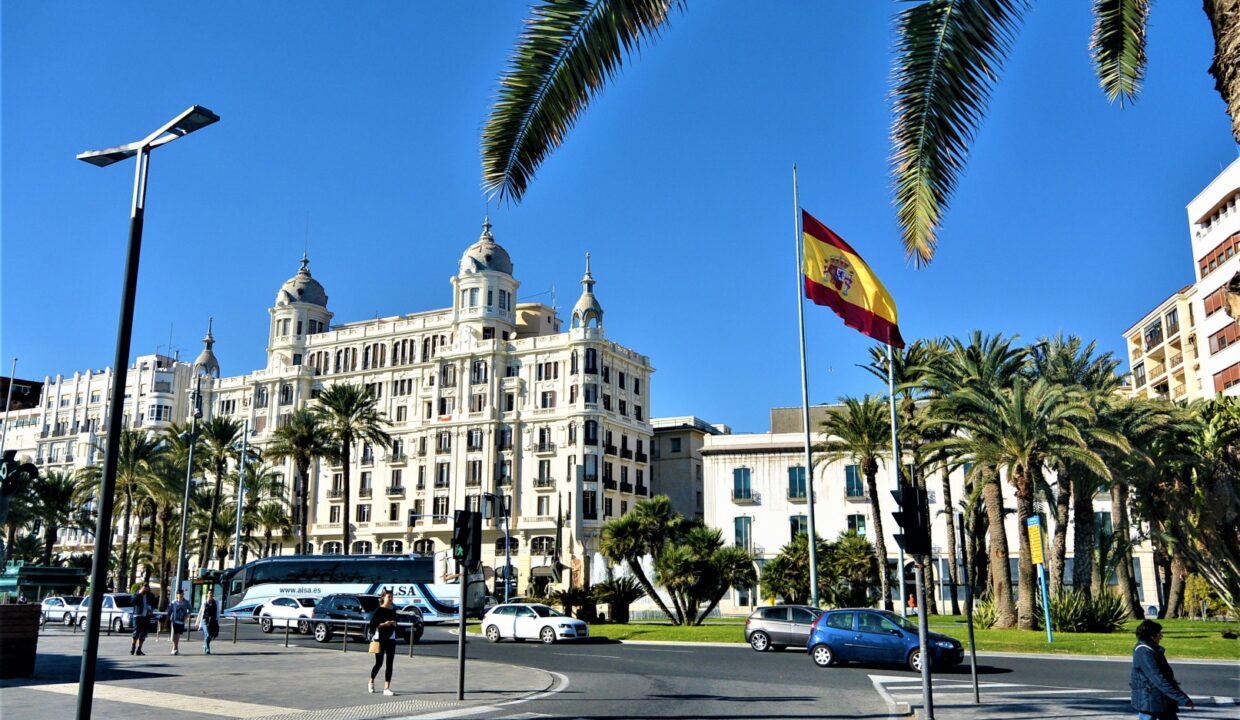
An economists’ view of the pandemic.
Part 2
Many people think this will be the biggest crisis in our memory. But it is correct to think that this is not an economic crisis, but a health care crisis. There is no basis for an economic crisis! We are deliberately putting the economy into an “artificial coma” because it cannot exist unless we solve the health care crisis. This is not a case where the cure cannot be worse than the disease.
Today’s situation is not a recession because the real estate market was overheated, or because investments were made in useless areas, or because people don’t want to consume, etc. On the contrary, people want to consume and produce, but for the moment we have to stop the economy in order to survive.
According to China’s experience and economists’ forecasts, GDP decline will be between 15 and 20% per year for different countries with their own adjustments. These are figures that every country can survive without serious losses. When the health crisis is over, the economies that have been dormant will quickly pick up and return to their previous performance.
Summarizing the economists’ conclusions, the forecasts are quite optimistic if the health care crisis is solved promptly. The state should spare no money here and throw all the funds to support the medical sphere.
Unemployment is predicted to be 10%, and the state is interested here for the first time in keeping people at home as long as possible, rather than finding a job faster. Therefore, a significant part of the funds will also be used to provide the population and small businesses, which cannot fully function during the quarantine period.
From the point of view of economists, the current crisis is even a good thing. Now all the strongest minds of mankind are focused on solving this problem. Scientists, entrepreneurs, technologists, medics, epidemiologists, politicians – everyone is trying to find optimal solutions and generating fantastic ideas that increase the economy as a whole many times over.
Many have moved to remote working, revised their management models and patterns of activity. Technology has advanced, and there are already significant advances that allow two patients to be ventilated with one machine at the same time. Many companies have refocused on producing tests and their costs have fallen dramatically. This means that it is possible to diagnose not already obviously infected patients, but to make random samples of several thousand people at an earlier stage, and therefore we will know much more about the virus. Technologically, it has become possible to measure the temperature of people without direct contact in offices and on the streets.
Definitely, this situation is not forever. Following the regulatory tools, a full-fledged launch of the economy will be possible in 2-3 months, as we see in the example of China. Scientists predict that the global pandemic will decline no earlier than the end of 2020.
What is waiting for us? In 2-3 months everything will gradually return to normal, people will go to work, children may even go to school, cafes, bars and restaurants will gradually try to open. Not all at once, but with limited attendance, and monitor the results of the epidemic. If it causes an increase in infection again, the measures will be adjusted.
Large gatherings of people will continue to be prohibited. As of today, major music festivals such as Eurovision, Coachela and Burning Man have been officially canceled. The 60th anniversary European Football Championship EURO 2020 and the 2020 Summer Olympics in Tokyo have been postponed.
Many tourists are concerned about how soon air services will be restored. Here I have not found an unambiguous answer in any of the sources I have studied. Experts say that it is cheaper to keep airplanes in the air than on the ground, and as soon as it becomes possible, airplanes will fly even with partial occupancy by passengers. Another thing is whether each country will be ready to open its borders and let in tourists so as not to provoke a second wave of the epidemic. After all, according to the results, each country will have its own successes in fighting the virus. And the further the successes will differ more and more. And by letting foreigners in, the government will reduce the incentive for citizens to comply with the measures. The epidemic will stop when each state takes control of the situation, or when the majority of the population is no longer ill.
So, we wait and see.

